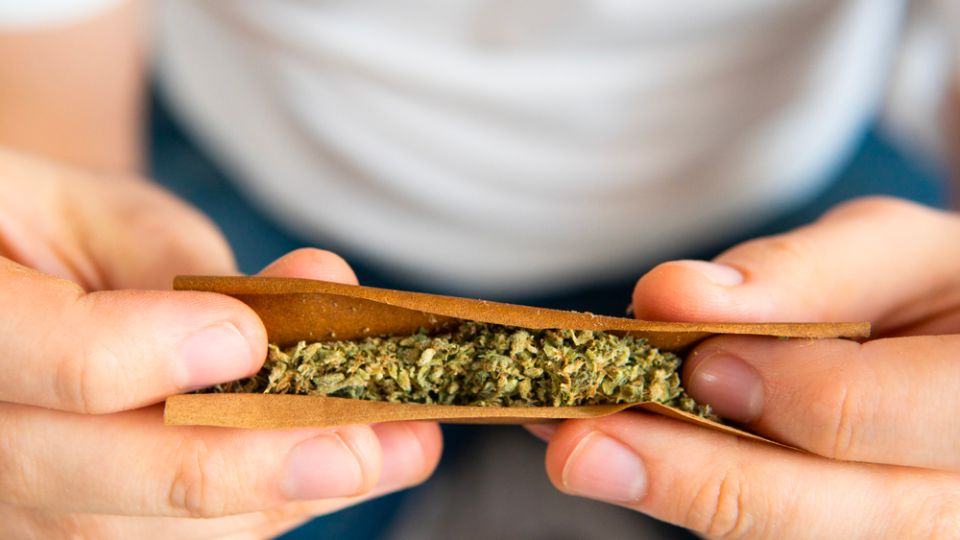Marijuana, also known as cannabis, is a plant with psychoactive compounds that can change the user’s mood, perception, and cognition. Although it is illegal at the federal level in the United States, some states, like Pennsylvania, have approved its use for medical reasons. Below are important facts about marijuana regulations in Pennsylvania.
Medical Cannabis in Pennsylvania
- In 2016, Pennsylvania passed the Medical Marijuana Act, which made medical marijuana legal.
- Individuals with one of the 23 qualifying conditions, like cancer, epilepsy, chronic pain, PTSD, and autism, can get certification from a registered physician and buy marijuana products from licensed dispensaries.
- The Medical Marijuana Advisory Board is responsible for overseeing program implementation, regulation, and making recommendations for future law changes.
- Only forms of marijuana that can be consumed without smoking, such as oils, pills, tinctures, topicals, and vaporizers, are permitted. It is important to note that smoking or growing marijuana is still prohibited in Pennsylvania, even for medical reasons.
- The legislation enforces a 5% tax on the gross receipts of marijuana growers and processors, along with a $50 annual fee for patients and caregivers in the program.
Exploring the Legalization of Recreational Marijuana in Pennsylvania
- In Pennsylvania, recreational marijuana is still illegal, leading to criminal penalties for activities like possession, cultivation, distribution, and consumption.
- Holding less than 30 grams results in a misdemeanor charge, which could lead to a 30-day jail sentence and a $500 fine. Holding more than 30 grams can result in a felony charge, carrying a potential five-year prison sentence and a $15,000 fine.
- Any cultivation, regardless of quantity, is considered a serious offense that can result in up to 10 years of imprisonment and a fine of $25,000.
- Sharing less than 30 grams without payment is considered a misdemeanor and could result in a 30-day jail sentence and a $500 fine. If you have over 30 grams or are selling drugs, you could face a felony charge, leading to up to five years in prison and a $15,000 fine.
- Consuming marijuana in public can result in a summary offense and a $25 fine.
- Driving under the influence of marijuana can result in a misdemeanor charge, leading to potential consequences such as up to six months in jail, a $1,000 fine, and a 12-month license suspension.
- Several cities and counties in Pennsylvania, such as Philadelphia, Pittsburgh, Harrisburg, and York, have implemented laws that lessen the consequences for possession and use. In these areas, having up to 30 grams results in a civil offense with a $25 fine, while public consumption leads to a civil offense with a $100 fine.
Also Read: This Florida City Becomes the Highest Cocaine Consumption City in America
Future Outlook for Marijuana Legalization in Pennsylvania
- Pennsylvania has made several attempts to legalize recreational marijuana, but none have been successful so far.
- In 2019, Governor Tom Wolf and Lieutenant Governor John Fetterman showed their support following a statewide listening tour that uncovered widespread public approval.
- In 2020, Wolf suggested legalizing as part of his COVID-19 relief plan, focusing on generating revenue, creating jobs, and tackling racial disparities in the criminal justice system.
- The Republican-controlled legislature has consistently opposed or blocked bills for legalizing recreational marijuana, expressing concerns about public health, safety, and morality.
- Thus, the future of recreational marijuana legalization in Pennsylvania is still unclear and contentious, depending on the political will and public opinion of the state’s lawmakers and citizens.



Leave a Reply